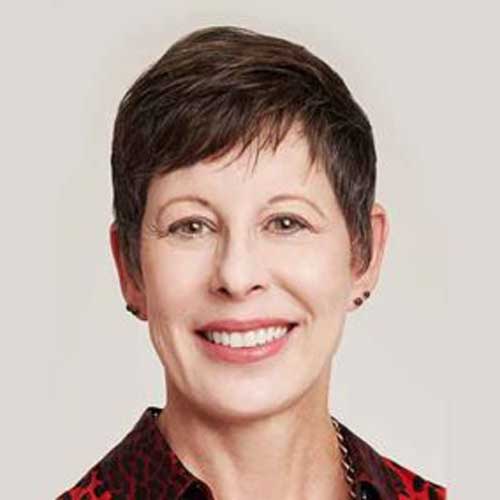“Showing up for one another doesn’t require heroic gestures. It means training ourselves to approach, even when our instinct tells us to withdraw. It means picking up the phone and calling our suffering friend or colleague. It means going to the funeral and to the house of mourning. It also means going to the wedding and to the birthday dinner. Reach out in your strength, step forward in your vulnerability. Err on the side of presence.”
This quote is from a recent New York Times article titled “Train Yourself to Always Show Up” by Rabbi Sharon Brous.
While written from a traditional Jewish perspective, the sentiments expressed by Rabbi Brous are compatible with one of the fundamental assumptions of Bowen theory:
“Any successful effort that goes toward improving the frequency and quality of emotional contact with the extended family will predictably improve the family’s level of adjustment and reduce symptoms in the nuclear family.”
(Murray Bowen, Family Therapy in Clinical Practice, 537-538)
Unlike traditional therapy, which uses the relationship between therapist and client to resolve emotional problems, coaching with Bowen theory entails focusing on clients’ working on their differentiation of self, or emotional resilience and maturity, in their families and other important systems. What does this mean? Differentiation of self is the degree to which an individual can separate their thoughts and feelings from the family’s emotional system while staying engaged. (Information about differentiation of self is abundant for those who want
to learn more. Family Therapy in Clinical Practice is the ultimate source on the topic.)
Working on differentiation of self by “showing up” in the family includes:
- Developing one-to-one relationships with each family member, especially one’s parents. Many people childishly think of and relate to their parents as a unit, typically depending on one parent to speak for both spouses.
- Noticing the emotional patterns playing out and how one is a part of them. This is often easier to recognize when there is conflict. For example, the sister gets angry with the mother, the mother gets defensive and tearful, and the dad steps in and tells the sister not to “upset” the mother.
- You, the brother who remained silent during the whole thing, step outside to smoke a joint. Scenarios like this tend to play out on repeat, with minor variations over time.
- Modifying the part one plays in the emotional system: Instead of going quiet, the brother makes a light joke that maybe this time they should all step outside and smoke the joint.
- Gaining some control over automatic reactions, including the tendency to “take sides.”
- Using this situation as an example, the father could tell the mother that she no longer needs defending; his two strong women can fight it out between themselves.
- “In coaching others with their families, I encourage visits when the system is emotionally fluid or during family upsets such as deaths, serious illness, reunions, weddings, or other stressful or significant family events.” (496-497)
Victoria Harrison, director of the Center for the Study of Natural Systems and the Family, talks about showing up for family as the opportunity to “develop a capacity within self.” (personal communication, n.d.) Again, as Rabbi Brous eloquently wrote: “It means training ourselves to approach, even when our instinct tells us to withdraw.”
The “capacity within self” develops from:
- Discovering facts about the family, including historical challenges and how they were overcome well enough for you to be alive to learn about them.
- Make an effort to develop one-to-one relationships with each person in the family.
- Even, or especially, the ones “no one likes.” Everyone experiences their family from a unique angle. Knowing the differing perspectives can lead to developing your own point of view, separate from the version you absorbed growing up.
- Observing the emotional patterns and triangles of which you are a part.
- Gaining more neutrality in your thinking and some control over your automatic reactions that tell you to jump in, help, or avoid tense situations.
- Avoiding the natural tendency to bond by taking sides in gossip and conflicts.
The Capacity Within Self is NOT Developed by:
- Finding forgiveness for those who have wronged you.
- Developing “good” relationships.
- Getting “support” from the family.
- Finding people who have common interests.
If Bowen theory and Jewish philosophy don’t move you to “just show up,” it may help to keep in mind:
- People always remember who showed up and really remember those who didn’t.
- Every event not attended is a missed life experience. There are no do-overs.
While the goal of responsibly showing up is not to “win friends and influence people,” Bowen wrote:
“In the course of such an effort with the family, one comes to have a unique role which is important to everyone, which is highly respected, and which helps to contribute to one’s own individuality and responsibility.” (541-542)




0 Comments